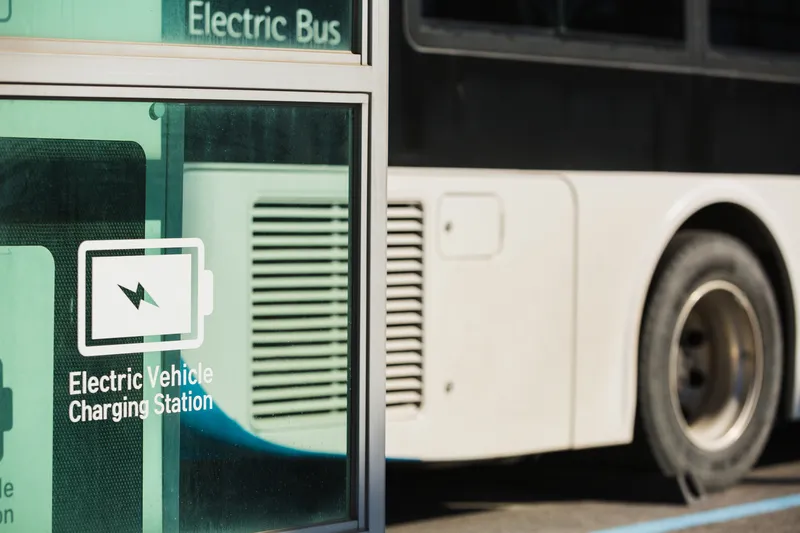Earlier this year, General Motors signed a definitive agreement with ABB Group to identify joint research and development projects that would reuse Chevrolet Volt battery systems, which will have up to 70 per cent of life remaining after their automotive use is exhausted.
Recent research conducted by GM predicts that secondary use of 33 Volt batteries will have enough storage capacity to power up to 50 homes for about four hours during a power cut.
April 20, 2012
Read time: 2 mins
Earlier this year, 948 General Motors signed a definitive agreement with 4540 ABB Group to identify joint research and development projects that would reuse 1960 Chevrolet Volt battery systems, which will have up to 70 per cent of life remaining after their automotive use is exhausted.
Recent research conducted by GM predicts that secondary use of 33 Volt batteries will have enough storage capacity to power up to 50 homes for about four hours during a power cut.
This week, GM and ABB demonstrated an energy storage system that combines a proven electric vehicle battery technology and a proven grid-tied electric power inverter. The two companies are building a prototype that could lead to Volt battery packs storing energy, including renewable wind and solar energy, and feeding it back to the grid.
They say the system could store electricity from the grid during times of low usage to be used during periods of peak demand, saving customers and utilities money. The battery packs could also be used as back-up power sources during outages and brownouts.
Using Volt battery cells, the ABB and GM team is building a prototype system for 25-kilowatt/50-kWh applications, about the same power consumption of five US homes or small retail and industrial facilities.
ABB has determined its existing power quality filter (PQF) inverter can be used to charge and discharge the Volt battery pack to take full advantage of the system and enable utilities to reduce the cost of peak load conditions. The system can also reduce utilities' needs for power control, protection and additional monitoring equipment. The team will soon test the system for back-up power applications.
"Our tests so far have shown the viability of the GM-ABB solution in the laboratory and they have provided valuable experience to overcome the technical challenges," said Pablo Rosenfeld, ABB's programme manager for Distributed Energy Storage Medium Voltage Power Products. "We are making plans now for the next major step – testing a larger prototype on an actual electric distribution system," he said.
Recent research conducted by GM predicts that secondary use of 33 Volt batteries will have enough storage capacity to power up to 50 homes for about four hours during a power cut.
This week, GM and ABB demonstrated an energy storage system that combines a proven electric vehicle battery technology and a proven grid-tied electric power inverter. The two companies are building a prototype that could lead to Volt battery packs storing energy, including renewable wind and solar energy, and feeding it back to the grid.
They say the system could store electricity from the grid during times of low usage to be used during periods of peak demand, saving customers and utilities money. The battery packs could also be used as back-up power sources during outages and brownouts.
Using Volt battery cells, the ABB and GM team is building a prototype system for 25-kilowatt/50-kWh applications, about the same power consumption of five US homes or small retail and industrial facilities.
ABB has determined its existing power quality filter (PQF) inverter can be used to charge and discharge the Volt battery pack to take full advantage of the system and enable utilities to reduce the cost of peak load conditions. The system can also reduce utilities' needs for power control, protection and additional monitoring equipment. The team will soon test the system for back-up power applications.
"Our tests so far have shown the viability of the GM-ABB solution in the laboratory and they have provided valuable experience to overcome the technical challenges," said Pablo Rosenfeld, ABB's programme manager for Distributed Energy Storage Medium Voltage Power Products. "We are making plans now for the next major step – testing a larger prototype on an actual electric distribution system," he said.








